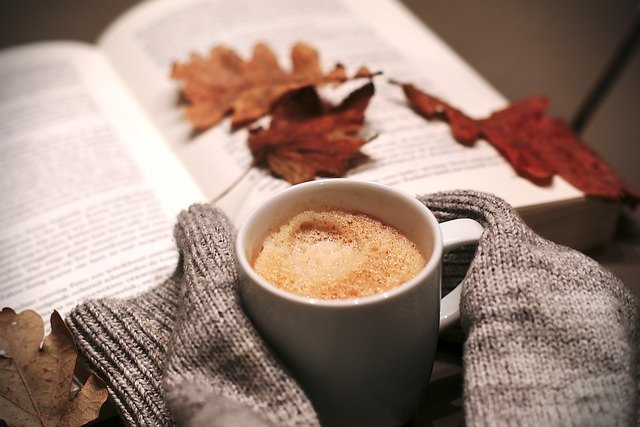Factors That Affect The Taste Of Coffee In A French Press
Have you ever wondered what factors affect the taste of coffee in a French press? Today, we’re going to cover seven important factors that you should consider when making your next cup of coffee! The type of beans you use will affect the taste of your coffee, and so will the water temperature and the overall brewing time. French presses are just one of many ways to brew coffee, but don’t think that it’s any less amazing than other methods!
#1. The coffee beans
If you want to make an amazing French press, you’re going to need coffee beans that are high quality. If they don’t look good, chances are they won’t taste good. Using low-quality beans is like baking bad-quality ingredients into your cake—it may look alright on top, but underneath it tastes bland and lacks any real depth. So, try to buy fresh coffee beans that have been roasted recently and stored properly. Fresh beans also help maintain your french press coffee machine gotten from https://cafeduchateau.net/products/french-press.
#2. The brewing time
The French press process begins when you pour hot water into your carafe. The water then comes into contact with your coffee grounds, and blooms for about 1 minute before plunging (which is why it’s called a plunger pot). A good rule of thumb is to plunge after your timer goes off. However, there are other factors that will affect how long you should let your coffee bloom. For example, if you grind your beans too finely or use too much coffee per cup, it will take longer for all of those flavors to come out.
#3. Water quality
One of the most important things when it comes to coffee is water quality. If you use bad tasting water, your coffee will taste bad no matter what you do. Always use clean, fresh water for brewing your French press coffee, because tap water can often have bad tastes and odors. It can also leave behind unwanted compounds that affect your coffee’s final flavor. If necessary, you can buy filtered or bottled water for making French press coffee.
#4. The amount of grounds
French presses use coffee grounds for flavor. The finer you grind your beans, the stronger and more bitter your coffee will be. If you prefer strong coffee, add coarse grounds; if you prefer milder flavors, use finer grounds to increase water absorption. Just keep in mind that fine grounds may also slow down your French press brewing time.
#5. The water temperature
When making coffee with your French press, you want to make sure that your water temperature is between 195° and 205° Fahrenheit. This is just below boiling, so your coffee isn’t going to taste cooked or have that bitter-coffee flavor. The material of the French press like French press stainless steel also have a role to play in the water temperature. It will also ensure you’re extracting all of those fruity esters from the beans and creating that unique flavor profile.
#6. Stirring during brewing
Always stir your coffee with a spoon before pressing. Some French press users don’t, and that’s okay for those who like their coffee less smooth. But if you don’t stir, there will be some grounds that won’t be extracted during brewing, so you’ll end up with a cup that has more sediment than usual. This is not only unsightly but also unpleasant to drink—and it also could affect flavor depending on how long your coffee sits before drinking.

